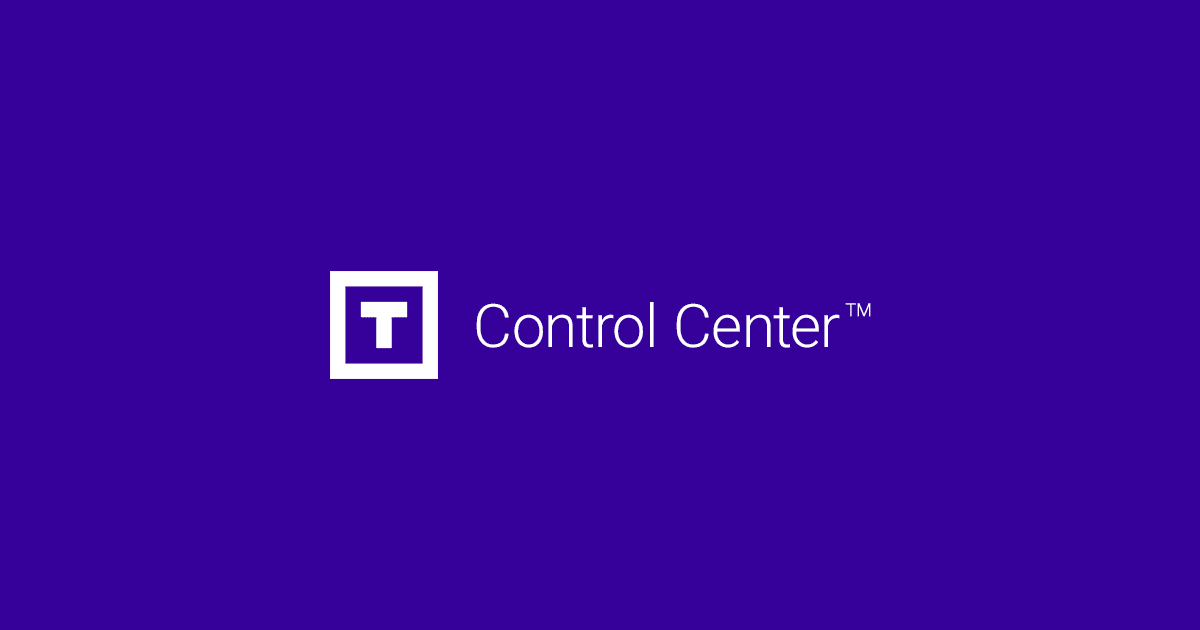
While the public conversation about Artificial Intelligence often centers on automation and job replacement, a more complex and demanding reality is taking shape in industries worldwide. Far from making human talent obsolete, AI is generating an unprecedented demand for highly qualified professionals, giving rise to a fierce global competition for a new kind of expert.
This isn't just a story about programmers and data scientists. It is the chronicle of a profound transformation in the value that companies assign to human skills.
Beyond Automation: The Rise of New Needs
The implementation of AI systems in sectors as varied as finance, healthcare, manufacturing, and logistics has revealed a fundamental truth: technology is a tool, not a substitute for human strategy and judgment. For every repetitive task an algorithm can take over, the need arises for a professional who can:
- Design and oversee the systems: creating effective AI models requires a deep understanding of the business and the context in which they will operate.
- Interpret the data: AI can process vast amounts of information, but an expert is needed to translate that data into intelligent and strategic business decisions.
- Ensure ethics and governance: as AI makes more critical decisions, the role of the AI ethics specialist becomes crucial to ensure that systems are fair, transparent, and do not perpetuate biases.
- Collaborate creatively with technology: the most valuable professionals are those who see AI not as a threat, but as a co-pilot. They use technology to augment their own capabilities, solve complex problems, and open new avenues for innovation.
In essence, AI is automating tasks, but it is magnifying the need for skills that are inherently human: critical thinking, creative problem-solving, emotional intelligence, and strategic vision.
The Gold Rush for Qualified Talent
This new demand has created a fiercely competitive job market. Companies are no longer just looking for machine learning engineers or data analysts; they are seeking "translators" capable of building bridges between the technology department and the executive suite. The scarcity of these hybrid profiles has unleashed a true "gold rush" for talent.
Organizations are discovering that attracting and retaining these professionals requires more than competitive salaries. The new generation of AI talent is looking for:
- Interesting problems to solve: they want to apply their skills to projects that have a real impact and challenge their intellect.
- Autonomy and trust: they seek a work culture that allows them to experiment and take initiative.
- Investment in their growth: they value companies that offer continuous training and the opportunity to be at the forefront of technology.
This competition is not limited to the tech sector. Banks, hospitals, and manufacturing companies are all vying for the same profiles, forcing human resources departments to completely rethink their attraction and retention strategies.
The Future is Continuous Adaptation
The era of Artificial Intelligence is not eliminating the need for people; it is raising the bar for what it means to be a valuable professional. The true skills gap of the future will not be between those who can and cannot code, but between those who can continuously adapt and learn and those who cannot.
For companies, the challenge is twofold. They must not only compete for existing talent but also invest in the training and development of their current workforce. Upskilling and reskilling programs are no longer an optional benefit but a strategic necessity for survival.
For professionals, the message is clear: curiosity, the ability to learn, and the skill to collaborate with intelligent systems are the most secure competencies in a constantly changing world. AI is not the end of skilled work, but the beginning of a new and more demanding definition of it.




